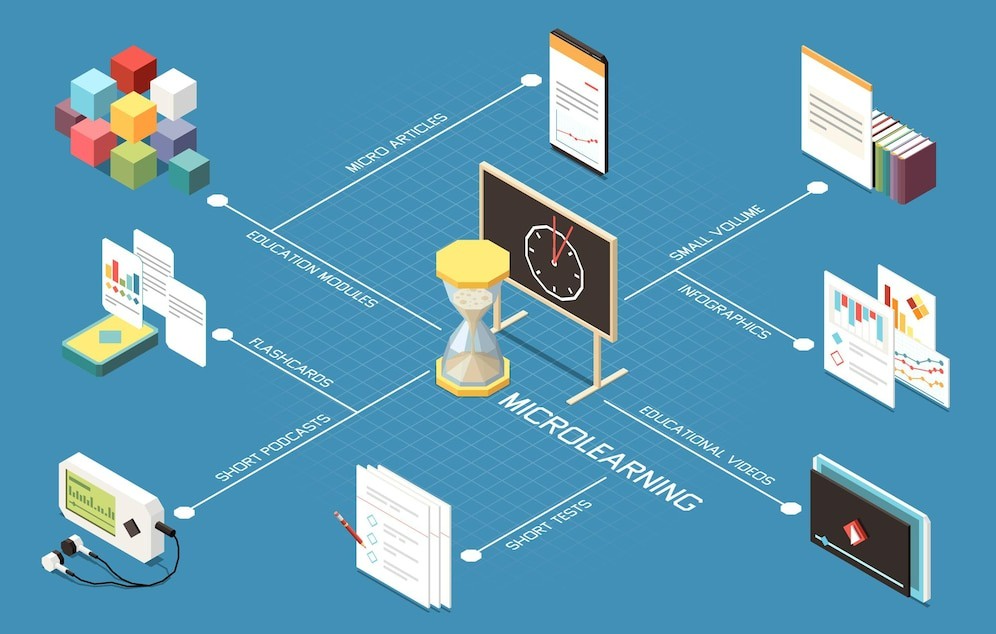In the wake of the National Education Policy (NEP) 2020, educational institutions across India are embracing transformative changes. Among the myriad advancements, the integration of School Management ERP Software stands out as a pivotal tool in streamlining administrative processes, fostering efficiency, and facilitating seamless communication. This article delves into the significance of School Management ERP Software within the context of NEP 2020, highlighting its role in modernizing educational administration.
Understanding NEP 2020:
NEP 2020, a landmark reform in Indian education, envisions an inclusive and holistic system geared towards nurturing critical thinking, creativity, and innovation. It emphasizes the integration of technology to enhance teaching-learning experiences, improve administrative efficiency, and ensure equitable access to quality education. Amidst these objectives, the adoption of School Management ERP Software emerges as a strategic imperative for educational institutions to align with the NEP's vision.
Enhancing Administrative Efficiency:
Traditional administrative processes in schools often involve manual tasks, leading to inefficiencies and resource wastage. School Management ERP Software revolutionizes these processes by automating routine administrative tasks such as attendance management, timetable scheduling, fee collection, and academic record-keeping. By digitizing these functions, schools can significantly reduce administrative burden, minimize errors, and allocate resources more effectively, thereby fostering a conducive environment for teaching and learning.
Facilitating Data-Driven Decision Making:
NEP 2020 underscores the importance of data-driven decision-making to enhance educational outcomes. School Management ERP Software serves as a robust data repository, capturing crucial information related to student performance, attendance trends, teacher workload, and resource utilization. Analyzing this data empowers school administrators to identify areas for improvement, devise targeted interventions, and monitor progress effectively. Moreover, it facilitates evidence-based policy formulation, aligning institutional strategies with the overarching goals of NEP 2020.
Promoting Stakeholder Collaboration:
Effective communication and collaboration among stakeholders are essential for the successful implementation of NEP 2020 initiatives. School Management ERP Software serves as a centralized platform for stakeholders including teachers, students, parents, and administrators to interact, share information, and collaborate seamlessly. Features such as parent portals, messaging systems, and online forums facilitate real-time communication, ensuring transparency and fostering a sense of community involvement in the educational process.
Enabling Personalized Learning Experiences:
NEP 2020 advocates for personalized and adaptive learning approaches tailored to individual student needs and interests. School Management ERP Software supports this objective by providing tools for personalized assessment, learning analytics, and adaptive curriculum delivery. Through features like learning management systems (LMS) and student performance dashboards, educators can customize learning pathways, provide targeted remediation, and track student progress in real-time. This personalized approach not only enhances student engagement and motivation but also fosters deeper learning outcomes aligned with NEP 2020's objectives.
Ensuring Accessibility and Inclusivity:
Accessibility and inclusivity lie at the core of NEP 2020's vision for education. School Management ERP Software plays a pivotal role in ensuring equitable access to educational resources and services for all students, including those with diverse learning needs. By offering multi-modal interfaces, language support, and assistive technologies, ERP systems enable students with disabilities to participate fully in the learning process. Moreover, they facilitate remote learning initiatives, bridging geographical barriers and extending educational opportunities to marginalized communities, in line with NEP 2020's emphasis on inclusive education.
Conclusion:
As educational institutions navigate the complexities of implementing NEP 2020's transformative agenda, School Management ERP Software emerges as a cornerstone for modernizing administrative practices, fostering collaboration, and facilitating personalized learning experiences. By leveraging the power of technology, schools can not only streamline operations but also create inclusive, data-driven ecosystems conducive to realizing the aspirations of NEP 2020. As we embrace this era of educational reform, the integration of School Management ERP Software stands as a testament to our commitment to building a future-ready education system that empowers every learner to thrive.


No comments yet